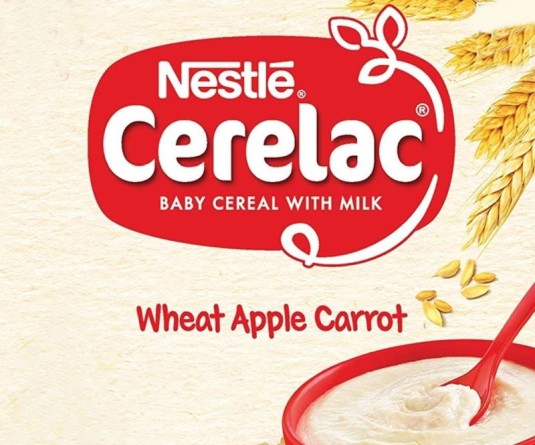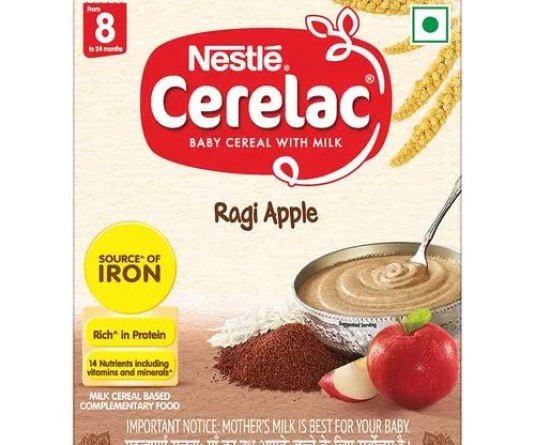
Highly caffeinated energy drinks have become an integral part of a frenzied, workaholic culture in the UK and nearly three-quarters of young people say they drink them regularly. Popular pick-me-ups such as Lucozade Energy and Red Bull deliver a dose of caffeine equivalent to a cup of coffee, while their more potent competitors Relentless and Monster – marketed to extreme sports fanatics – can contain twice that amount, around 160mg per can.
Around 73 per cent of 16- to 24-year-olds now drink them regularly, market analysts Mintel said, and most say they simply like the taste. The market for energy and sports drinks has grown by nearly 20 per cent in just three years and is estimated to be worth £1.1bn annually. In the UK alone, 209 new energy drinks have been launched in the past five years. The drinks were selling well despite the sluggish economy thanks to a "combination of energy-giving functionality and taste", Mintel said.
"While these drinks may have started off as aids to physical exercise, they are increasingly filling a more holistic lifestyle need, especially for 16- to 34-year-olds," said Jonny Forsyth, Mintel's senior drinks analyst. Half the UK population now regularly drink energising, non-alcoholic drinks, either as daytime stimulants or as mixers. Analysts believe the UK's workaholic culture is driving the drinks' popularity. Two-thirds of those aged 16 to 24 questioned by the researchers said the energy drinks improved their performance at work or while studying. An increasing number of more potent energy drinks appearing on the market has led to a number of health scares. This year, medics from the American journal Pediatrics claimed some could cause "seizures, mania, stroke and sudden death" in children, and researchers from Vermont University said those hooked on energy drinks could be more susceptible to drug addiction.
The Food Standards Agency says that highly caffeinated drinks, which can also contain stimulants such as glucuronolactone, taurine, and herbal substances, do not pose a serious health risk but that children should drink them only "in moderation" and that they should be avoided by pregnant women. In the late 1990s, the taste for energising drinks spread beyond the realms of sport. Red Bull was the first popular energy drink to hit the UK market. Its design and marketing were based on a more potent Thai drink called Krating Daeng. Four billion cans of Red Bull are now consumed worldwide every year. Mintel said that the appetite for a daily caffeine fix was likely only to increase, projecting that the industry could be worth nearly £2bn by 2016.
Source: The Independent





